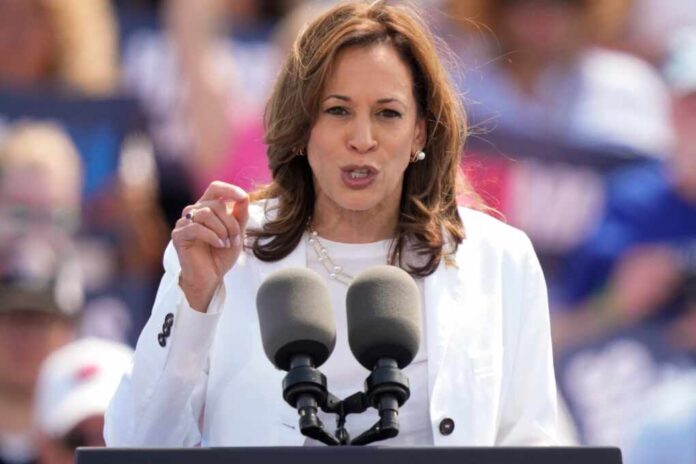
Political analysts are warning that the Kamala Harris campaign’s use of fake headlines in Google ads could have serious consequences for voter trust in the electoral process. The deceptive advertising practice, which mimicked legitimate news coverage, has raised concerns about the integrity of political messaging in the digital age.
Dr. Lena Rodriguez, a political science professor at Georgetown University, warns of potential long-term effects. “When campaigns blur the lines between fact and fiction, it erodes public trust not just in politicians, but in the entire democratic process,” she explained.
Voter advocacy groups are reporting increased confusion among constituents. “We’re fielding calls from voters who are unsure what to believe,” said Marcus Thompson of the nonpartisan group Vote Smart. “This kind of tactic makes our job of promoting informed voting much harder.”
The controversy has also sparked discussions about media literacy. Education experts are calling for increased focus on critical thinking skills in schools to help future voters navigate complex digital landscapes.
Some political strategists fear that this incident could lead to a “boy who cried wolf” effect, where voters become increasingly skeptical of all political messaging, including truthful information.
Public opinion polls conducted in the wake of the revelation show a sharp decline in trust for online political advertising across party lines. This growing skepticism could force campaigns to rethink their digital strategies as the 2024 election approaches.
As the fallout continues, it’s clear that the Harris campaign’s ad tactics have opened a Pandora’s box of questions about truth, trust, and transparency in modern political campaigns.

























